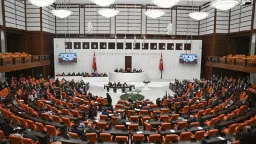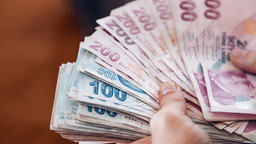Haber Dosyaları

A workshop was held on “Energy Machinery Foreign Trade: State of Play and Opportunities” based on the same titled report released by TEPAV experts on November 1st, 2017. According to this study, which compares renewable energy resources (specifically solar and wind) and coal powered thermal plants, the size of Turkey’s energy machinery trade deficit is 2.4 billion USD and 2.5 billion USD, respectively.
Energy imports constitute the largest share of the foreign trade deficit as Turkey imports 75 percent of its energy demand. The study, by providing the numbers on energy machinery trade deficit for the first time, deepens the analysis on Turkish energy trade.
One of the most important findings of the study is the technology deficit regarding the energy equipments. Analysis of the foreign trade figures provide that Turkey exports mid/low-tech energy equipments, whereas the imports are mostly comprised of high-tech equipments. Share of high tech content in thermal power plant equipment global trade equals 5 percent, which is well below the high tech content of the overall global trade (28 percent). On the other hand, renewable energy equipment (a combination of solar, wind, biomass, geothermal and tidal-wave) is comprised of 23 percent of high tech components.
Turkey should focus on enhancement of technological content
Turkey is producing a lower level of high-tech components in solar energy, when compared to the global average (6 percent) and the share of mid/low-tech components is 54 percent. The outlook on the wind sector, in which there is a trade surplus in Turkey, is no different from that of the solar power. 18 percent of Turkey’s imports in wind sector is high-tech equipments, whereas its exports are mostly comprised of mid/low-tech construction goods.
Renewable Energy Means More than Clean Energy
It is reported that alternative and renewable energy investments are one of the highest FDI receiving sectors. The cumulative FDI inflow in the sector between 2003-2014 accounts for 7.6 billion USD of the total inflows and the sector is ranked the 5th among all other sectors.




